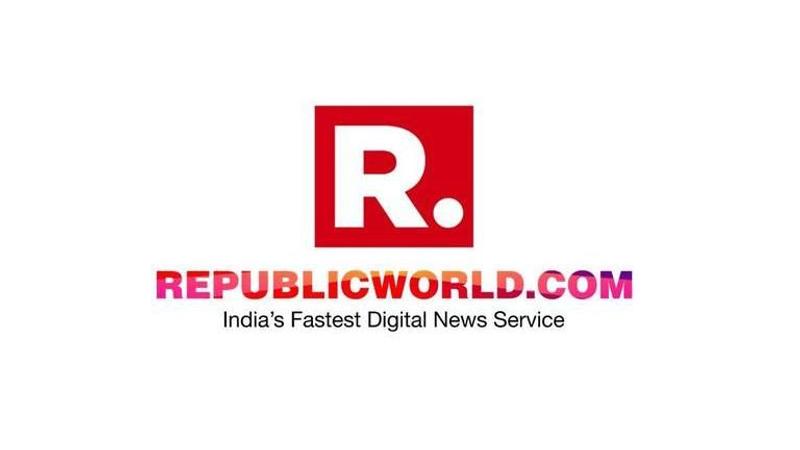Published 20:48 IST, September 10th 2019
India, Nepal jointly inaugurate first cross border oil pipeline
India's Prime Minister Narendra Modi and his Nepalese counterpart KP Sharma Oli inaugurated South Asia's first cross country oil pipeline on September 10.

India's Prime Minister Narendra Modi and his Nepalese counterpart KP Sharma Oli inaugurated South Asia's first cross country oil pipeline on September 10 which will result in an uninterrupted supply of oil to Nepal from its southern subcontinent. Both the leaders were on a video conference from their respective offices at New Delhi and Kathmandu and simultaneously hit the switch to open the 69-kilometer long pipeline which will supply gasoline, diesel fuel, and kerosene across the border to Nepal.
Both the leaders realized that this will result in a friendly bond between both the nations. Prime Minister Modi said this is the first-ever joint cross border petroleum pipeline in South Asia which has been completed in record time. He said the entire construction was over in almost half the expected time. He said this project will provide 2 million metric tons of clean petroleum products that will be available to the people of Nepal at very cheap rates. Oli unveiled on Tuesday that the government will subside the price of gasoline and diesel by 2 rupees.
Pipeline to save time, cost
PM Modi said the pipeline will not only save time, reduce cost, lessen road traffic and reduce air pollution, but will also open avenues in Nepal for expanding the pipelines across the country. Transportation of oil products from storage facilities in India to Nepal is being done by the tanker trucks through the crowded borders points. These trucks end up blocking the roads due to the narrow passage at the border checkpoints between India and Nepal. The oil products of India are being imported by Nepal mostly. The state-owned Indian Oil Corporation sells the products to government-owned Nepal Oil Corporation. There was a huge shortage of supply due to the discrepancies in the border area.
Protests in southern Nepal led to severe shortage of oil
The protests in southern Nepal in 2015 against the country's new constitution resulted in the sealing of borders for months leading to severe shortages of oil in Nepal. The oil tankers were not allowed to pass the borders and the southern highway was blocked by the protestors demanding changes in the constitution. The widespread protests forced the people to commute on bus roofs and chopping down trees to cook their food. Some schools were forced to shut down.
The mass protest by the Madhesi group on the southern border was a challenge for both the nations and it took a lot of time to overcome the situation. Modi and Oli have struggled hard to bolster ties between both the nations. Oli invited PM Modi on the joint inauguration ceremony on Tuesday and PM Modi accepted it. “This will without any doubt enhance interconnectedness and interdependence between our two countries,” Oli said. “It is one of the best examples of connectivity in terms of trade and transit and infrastructure.”
(With inputs from AP)
Updated 21:56 IST, September 10th 2019




